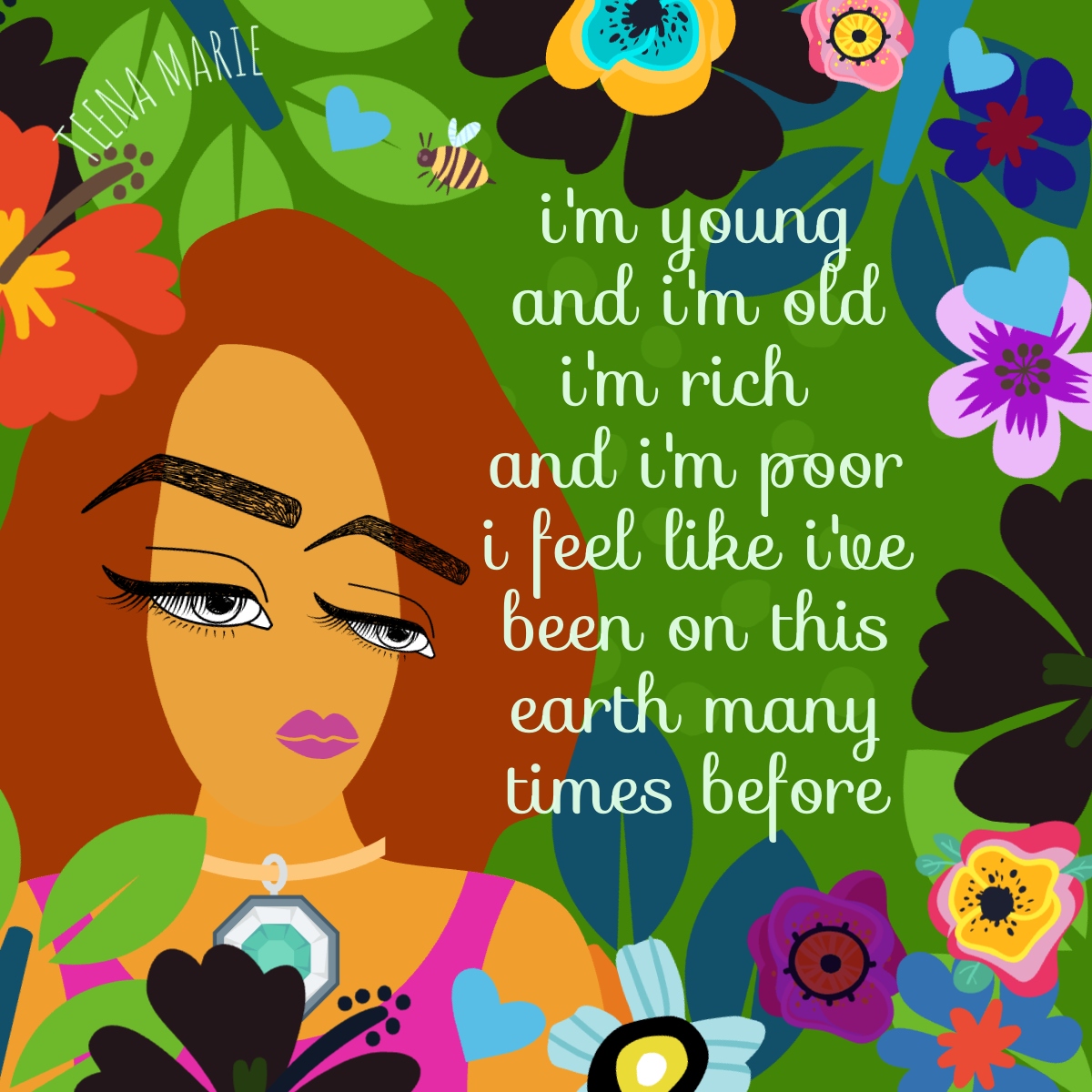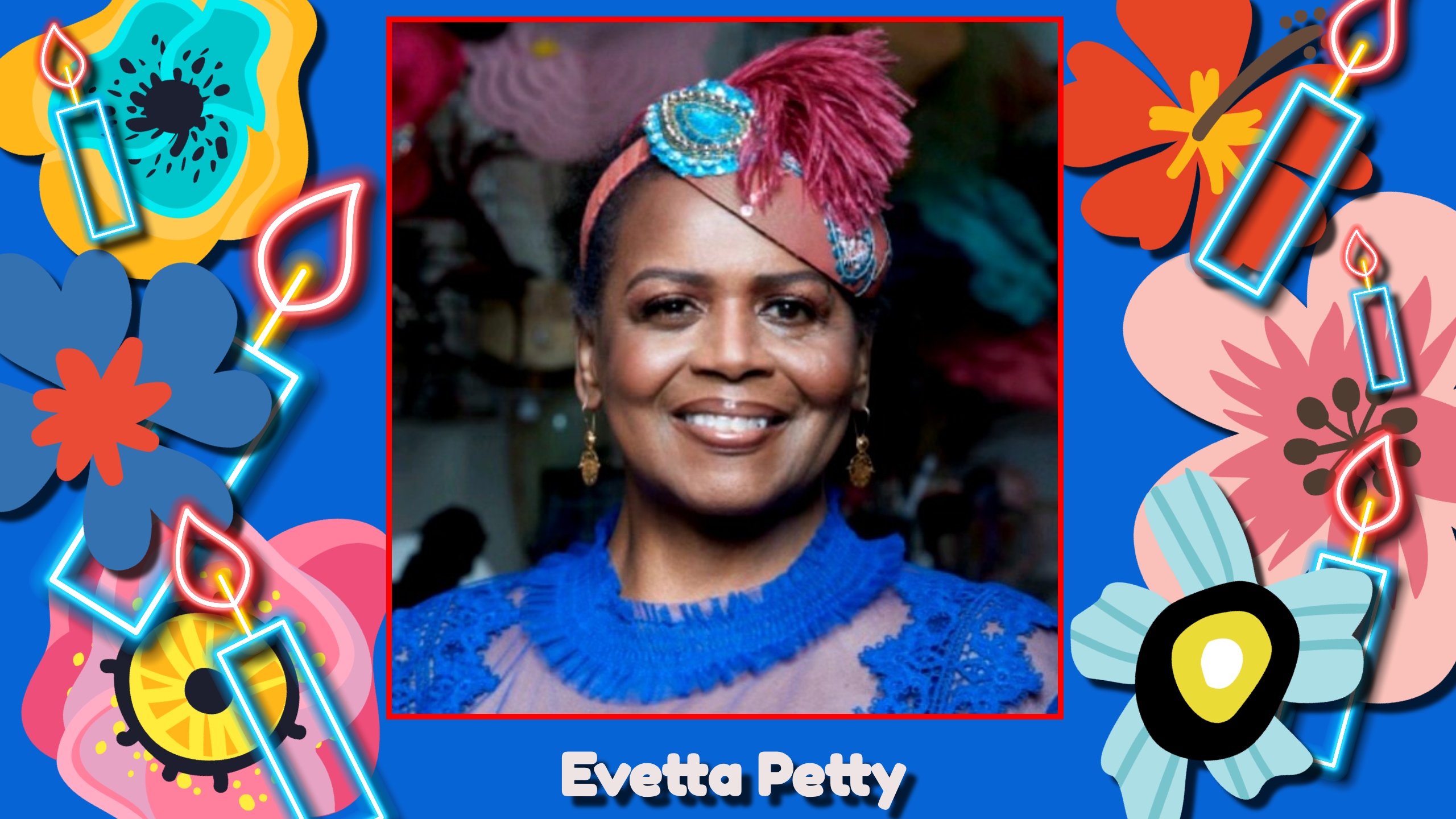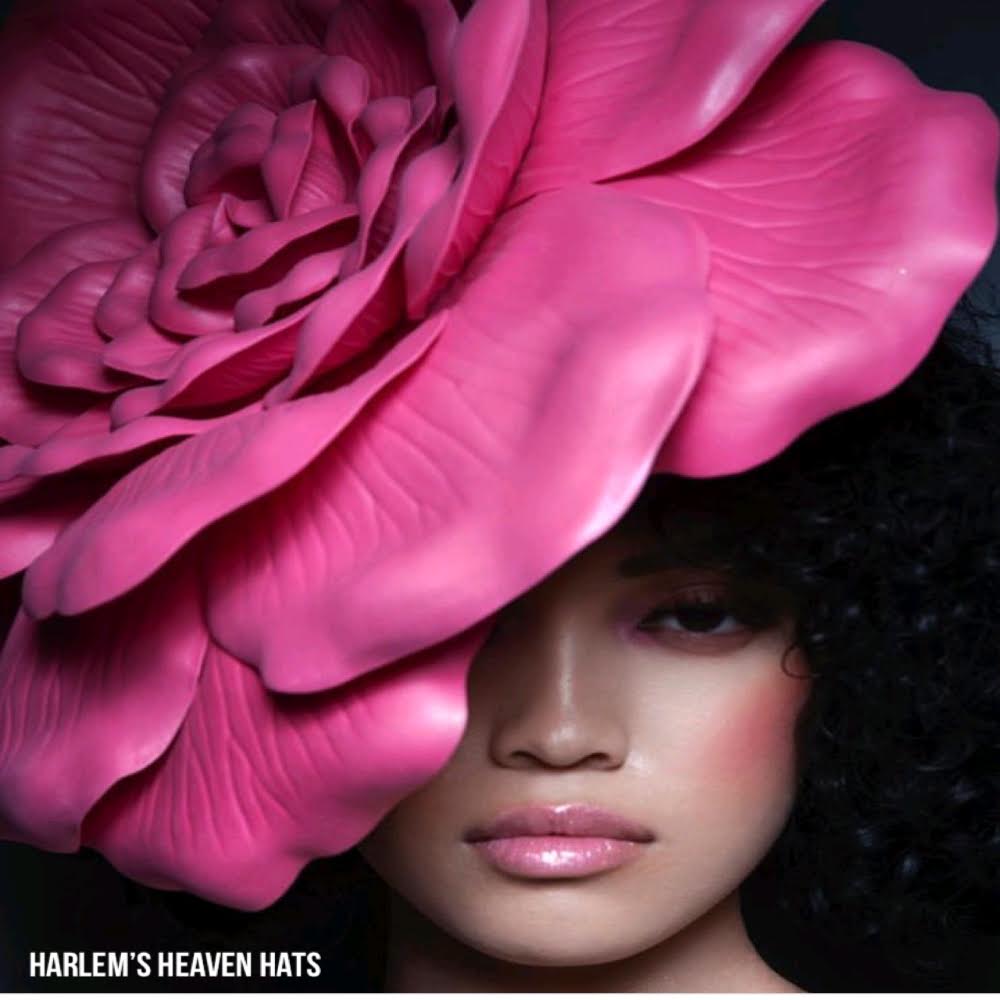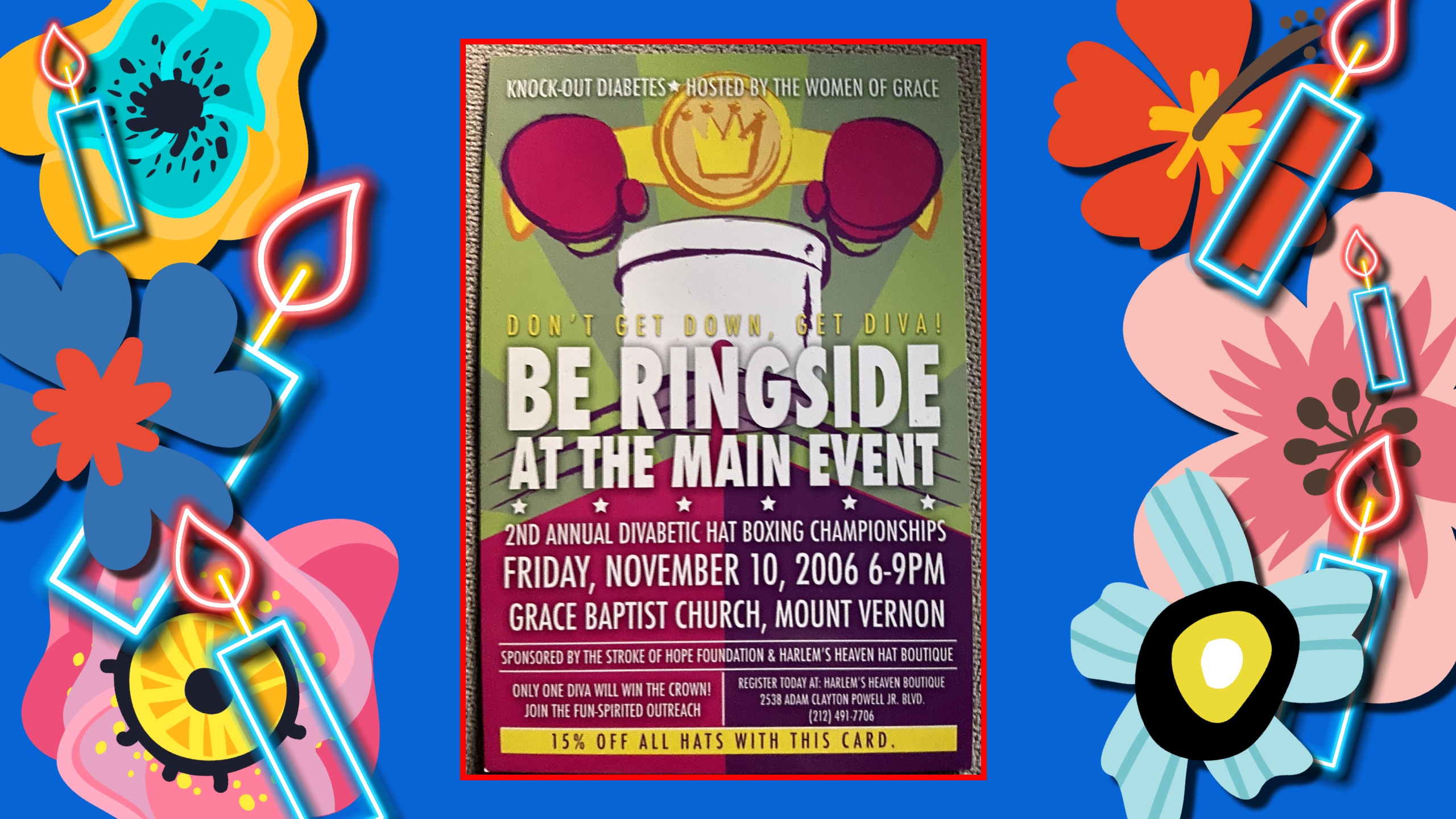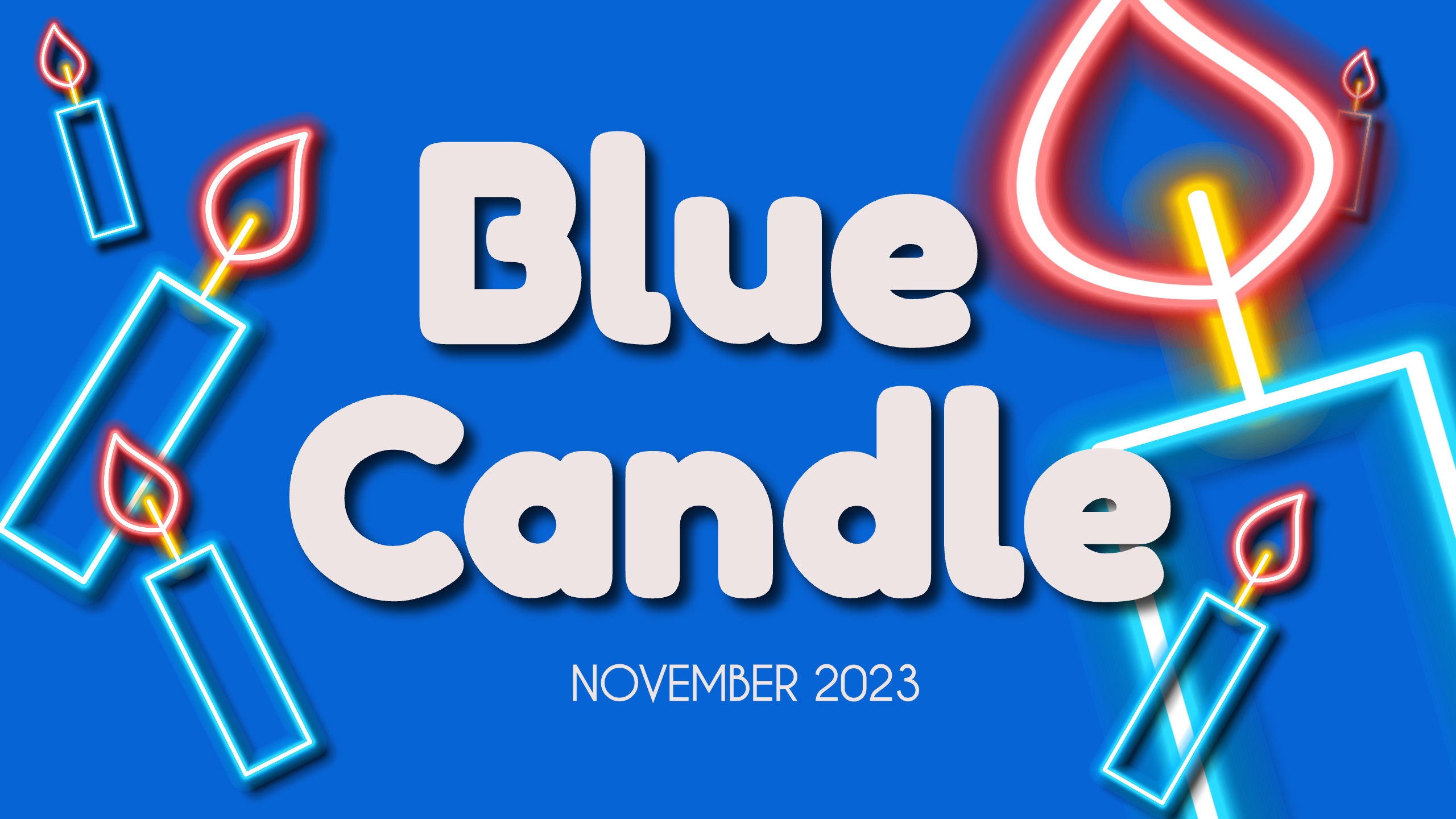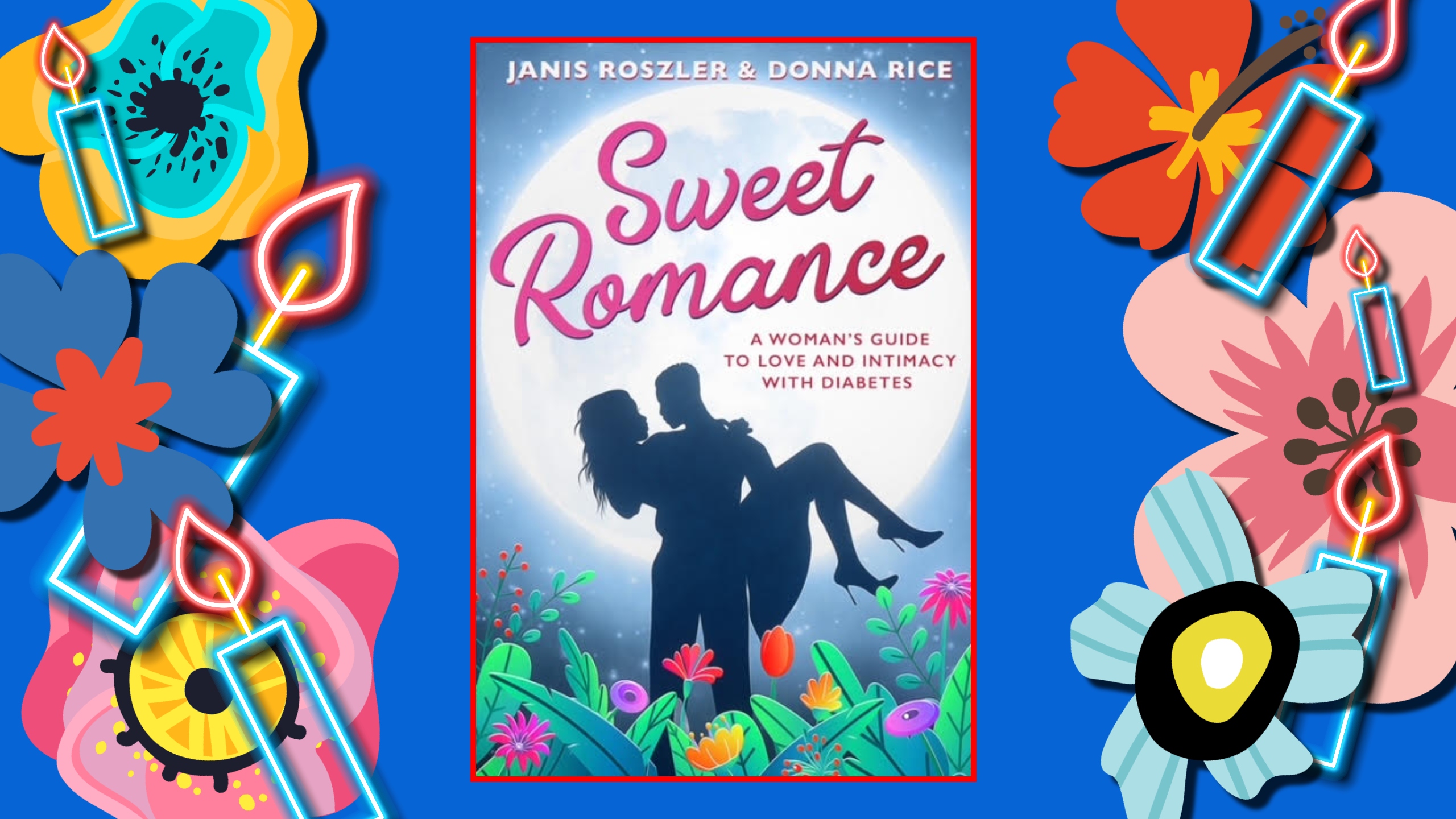Teena Marie was an R&B singer, songwriter, musician, and producer. She was known by her childhood nickname Tina before taking the stage name Teena Marie, and later, Rick James nicknamed her Lady T.
During her lifetime, she made music that shattered narrow-minded marketing categories and gender roles. Teena Marie was the rare woman in charge of her material. She wrote, produced, and performed her records for much of her career, which took off in 1979.
Early in her career, Teena Marie told Dick Clark on American Bandstand that from the time she was eight years old, she dreamed of being on Motown Records. She said, “I used to look at the blue label and say, Oh, God, it (Motown) must be the most fabulous place’.”
After several creative delays at Motown, she caught the attention of Rick James, who was establishing himself in 1970s soul funk music.
In his autobiography Memoirs Of A Super Freak, Rick James describes his first encounter with Teena Marie as, “Never in my life had I heard such a range with so much passion in a white voice.”
With Rick’s help, Teena’s first single, ‘I’m A Sucker For Your Love,’ conceived initially as a potential duet for Rick James and Diana Ross, exploded into the Top Ten of Billboard’s R&B charts. “We deliberately didn’t put her picture on the album cover,” said Rick James, “because we wanted to confuse people and make them wonder whether Teena was black or white.” The song spent six months on the charts.
Looking back at that time, Teena Marie said, “Black people would always say, “I didn’t know you were White.” But people like good music,” She added, “At the end of the day, you have to sing what’s in your own soul.”
After Rick James passed, Teena Marie became addicted to Vicodin, initially diagnosed for her physical pain from a series of accidents. “Once I realized that those pills not only took away my physical agony by masking my emotional pain, I really became addicted,” she told Essense Magazine.
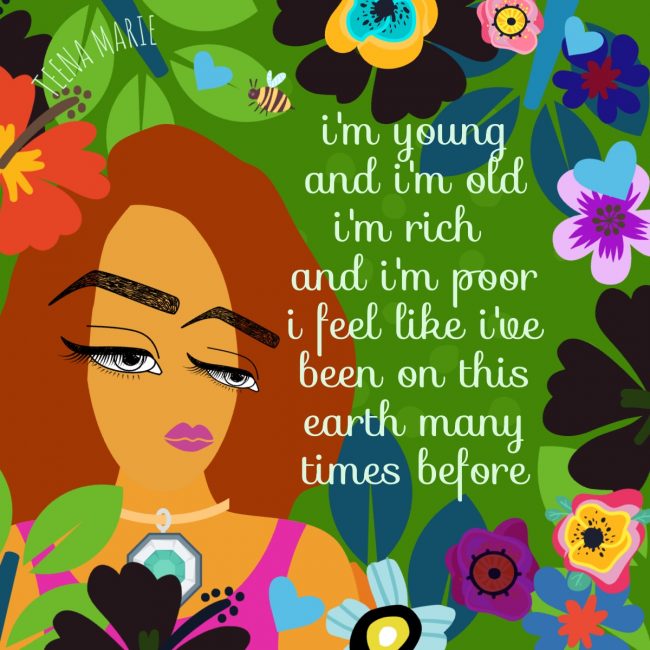
For Teena, Losing Rick James meant losing her musical soulmate, and her grief was unbearable. “We were like an extension of each other. I miss all our talks. We were like family; only family can talk about family, not anyone else.”
I am grateful to Teena Marie for paving the way for people like me. I was one of a handful of white men working for R&B performers in the 1990s. I traveled my path by following Teena Marie’s footprints.


